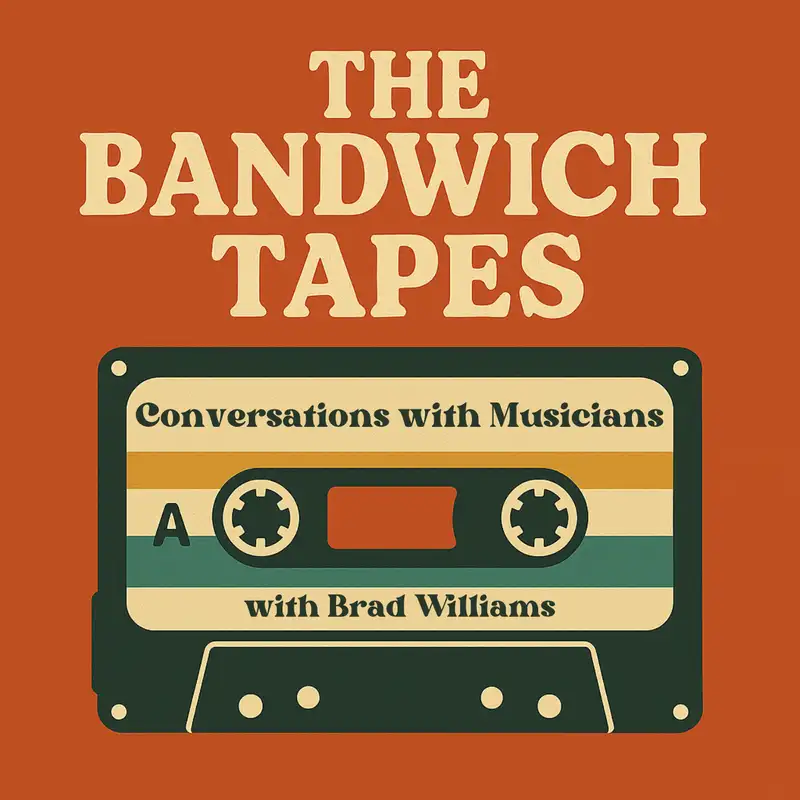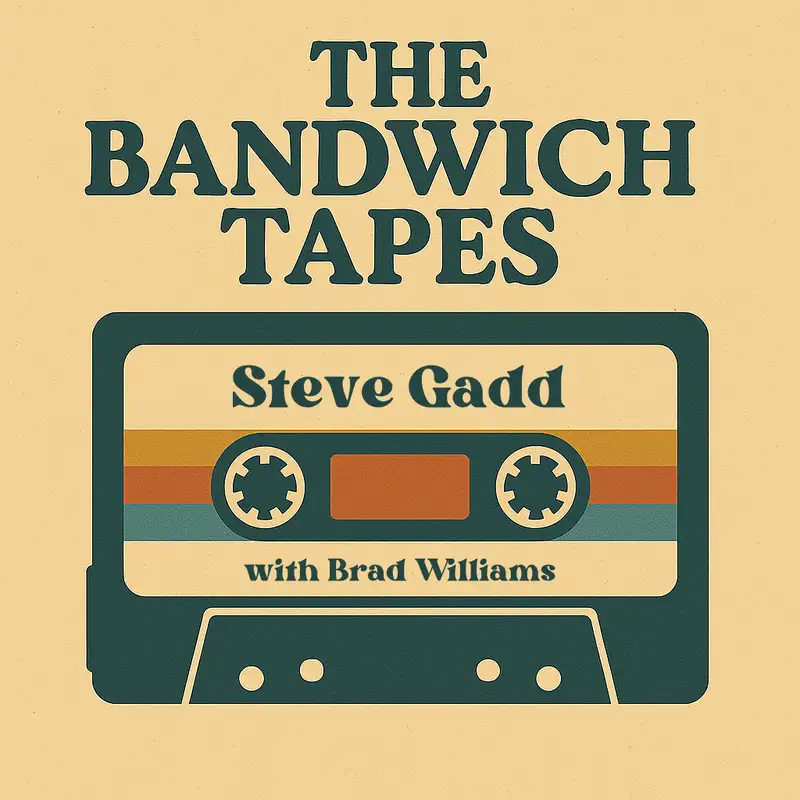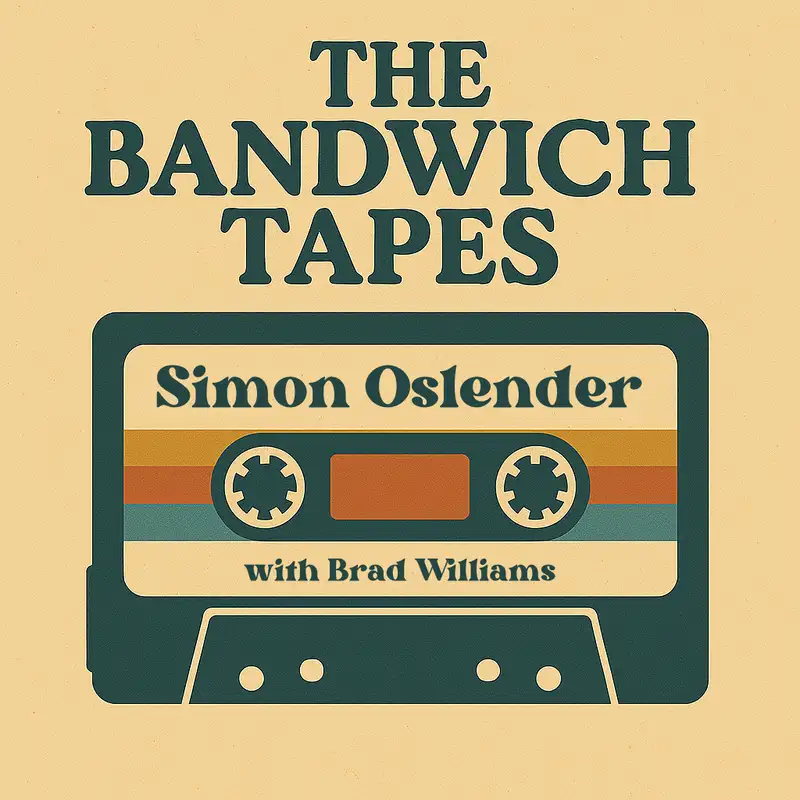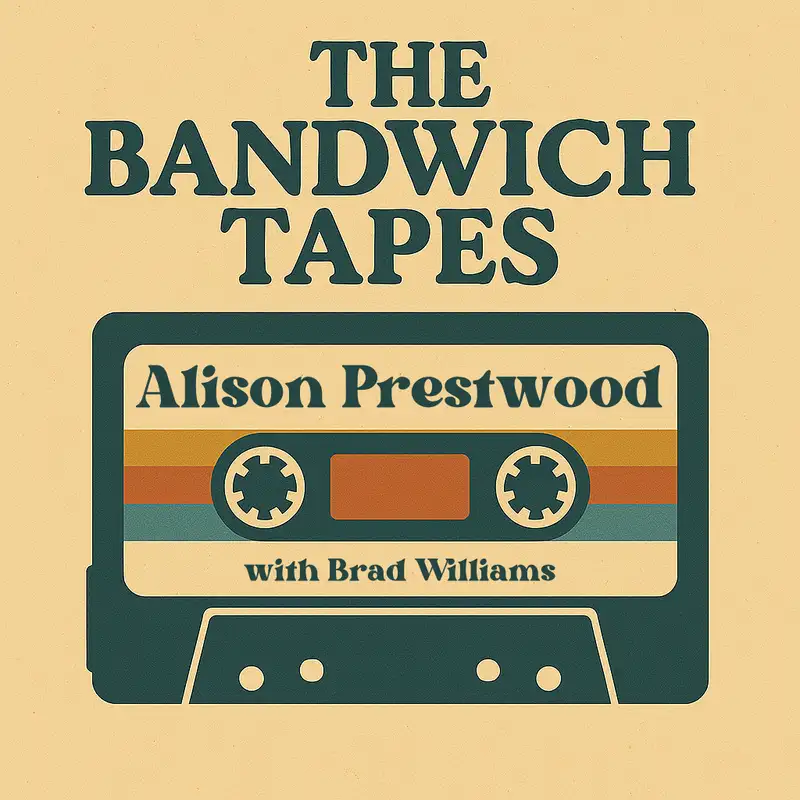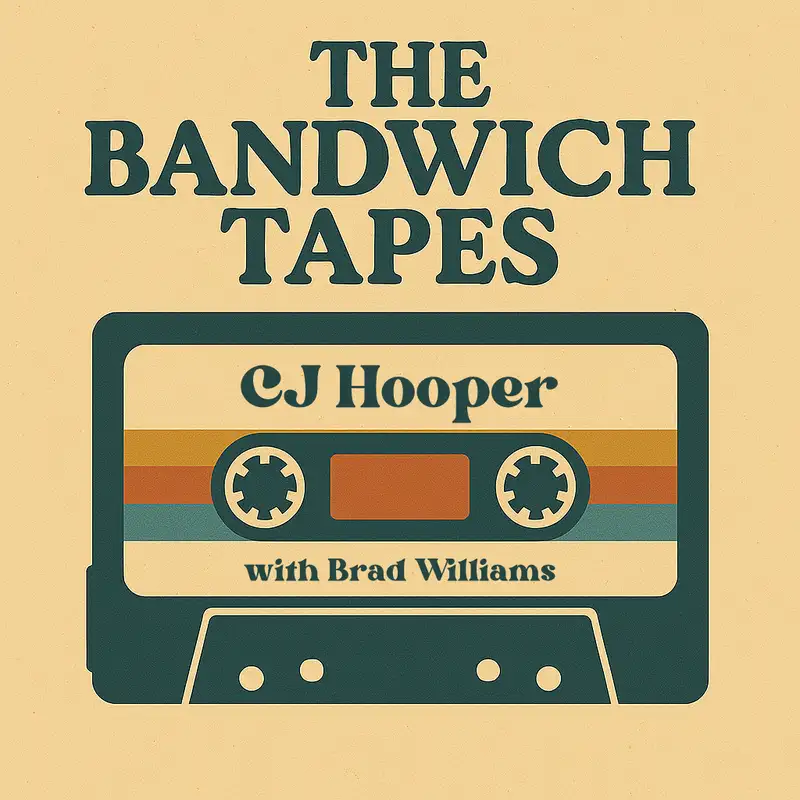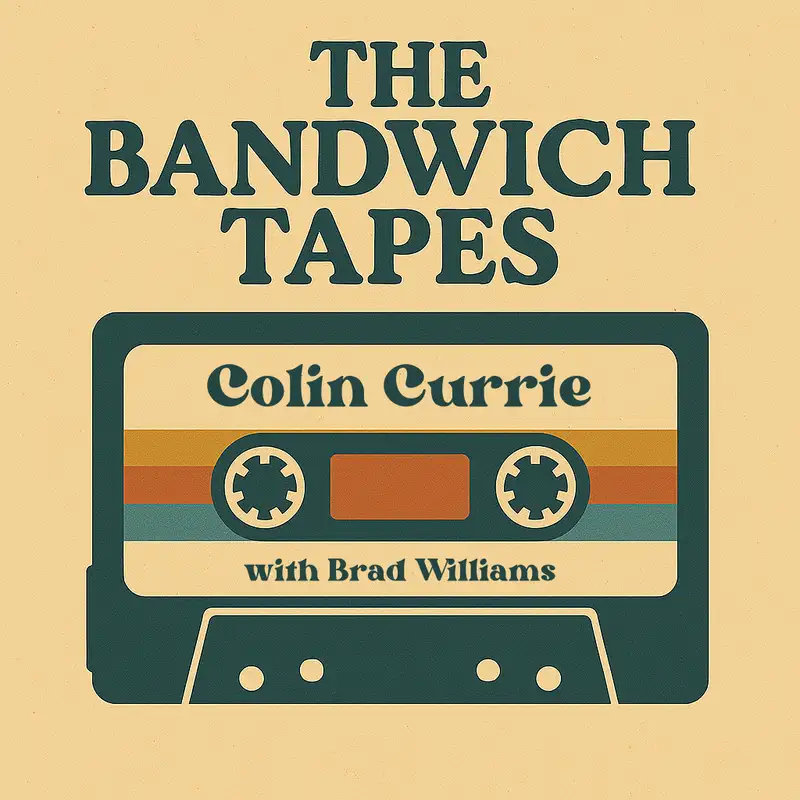Colin Currie: On Music, Integrity, and Attention
In this episode, I sit down with percussionist Colin Currie for a wide-ranging conversation about curiosity, originality, live performance, and the lifelong pursuit of musical meaning. Colin is one of the most influential percussionists of our time, known for his deep commitment to contemporary music, his close collaboration with composers, and his transformative interpretations of Steve Reich’s work. This conversation explores how curiosity, patience, and listening have shaped his career and his approach to music-making.We begin by talking about technology, access to recordings, and the changing landscape of music education. Colin reflects on growing up in a time when discovering music required effort, intention, and physical presence in libraries and record shops. He shares concerns about students learning pieces by copying online performances rather than developing their own ideas, and he speaks passionately about the importance of solitude, curiosity, and learning music on one’s own terms.Colin traces his musical beginnings back to early childhood, from piano lessons at age five to his first drum lesson at six, describing the joy, excitement, and physical energy that initially drew him to percussion. He talks about how that sense of wonder has never left him and why live performance remains a magical, irreplaceable experience. We explore why percussion continues to evolve so rapidly, how technique has advanced across the field, and why musical intent always matters more than virtuosity alone.A significant portion of the conversation focuses on Colin’s connection to contemporary music and the composers who shaped his artistic identity. He describes hearing The Rite of Spring as a teenager, discovering post-war modernist composers through library scores, and developing an instinctive attraction to music that felt strange, challenging, and unfamiliar. Colin shares how his love for new music was never about understanding it intellectually, but about responding to it emotionally and instinctively.We also dive deeply into Colin’s relationship with Steve Reich, including their first meeting, their long-standing collaboration, and the formation of the Colin Currie Group. Colin reflects on recording Music for 18 Musicians at Abbey Road Studios, explaining how the goal was to capture the intensity and emotional risk of live performance rather than create a polished studio artifact. He talks about groove, sonority, emotional depth, and why Reich’s music demands both precision and expressive freedom.Colin discusses his growing role as a conductor and how stepping onto the podium has changed the way he listens, leads, and collaborates with ensembles. He shares stories from recent performances, lessons learned from orchestral musicians, and how listening remains the central skill, whether playing or conducting. We also talk about his record label, Colin Currie Records, crowdfunding new projects, and the upcoming release of a Steve Reich album featuring Sextet, Double Sextet, Six Marimbas, and Dance Patterns.As we look ahead, Colin reflects on 2026 as a landmark year, including Steve Reich’s 90th birthday, dozens of performances of Reich’s music worldwide, and the premiere of Colin’s 40th percussion concerto. This is a thoughtful, inspiring conversation about curiosity, commitment, and the lifelong responsibility of serving music.Music from the Episode:Mallet Quartet (Steve Reich - Colin Currie Group)Music for 18 Musicians - Section VI (Steve Reich - Colin Currie Group)Thank you for listening. If you have questions, feedback, or ideas for the show, please email me at brad@thebandwichtapes.com.
